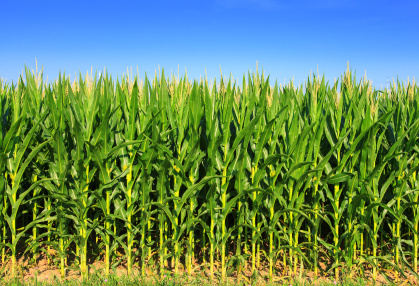Every winter, when plants die and return to the earth from whence they came, they release several chemicals they have been storing in their physical bodies. One of the most important chemicals they release is the gas carbon dioxide. Yes, plants consume carbon dioxide through their respiration process, but they don’t just burn it up; they store it. And then, when they die, the CO2 makes its way back into the environment.
But lately, farmland has become more efficient. Soil can yield more crops per acre and that means that every winter, more plants release more CO2 and that seems to contribute to climate change.
Boston University’s Mark Friedl comments, “It’s a remarkable story of what we’ve done in agriculture in general. And particular in corn, which is one crop that’s just exploded. Over the last 50 years, the area of croplands in the Northern Hemisphere has been relatively stable, but production has intensified enormously. The fact that this land area can affect the composition of the atmosphere is an amazing fingerprint of human activity on the planet.”

Scientists gathered the same global production statistics for four of the world’s leading crops: corn, rice, wheat, and soybean. Together, these four crops account for 64 percent of all calories consumed around the world.
Program director Tom Torgersen, of the National Science Foundation’s Water Sustainability and Climate Program, said “These indications of increased productivity speak well for agriculture. But such enhanced agricultural productivity makes significant demands on water supplies, which will require further investigation”
They found that crops in the Northern Hemisphere seem to have the most influence. Friedl adds, “Something is changing about this cycle. Ecosystems are becoming more productive, pulling in more atmospheric carbon during the summer and releasing more during the dormant period.”
Source: Four Crops
